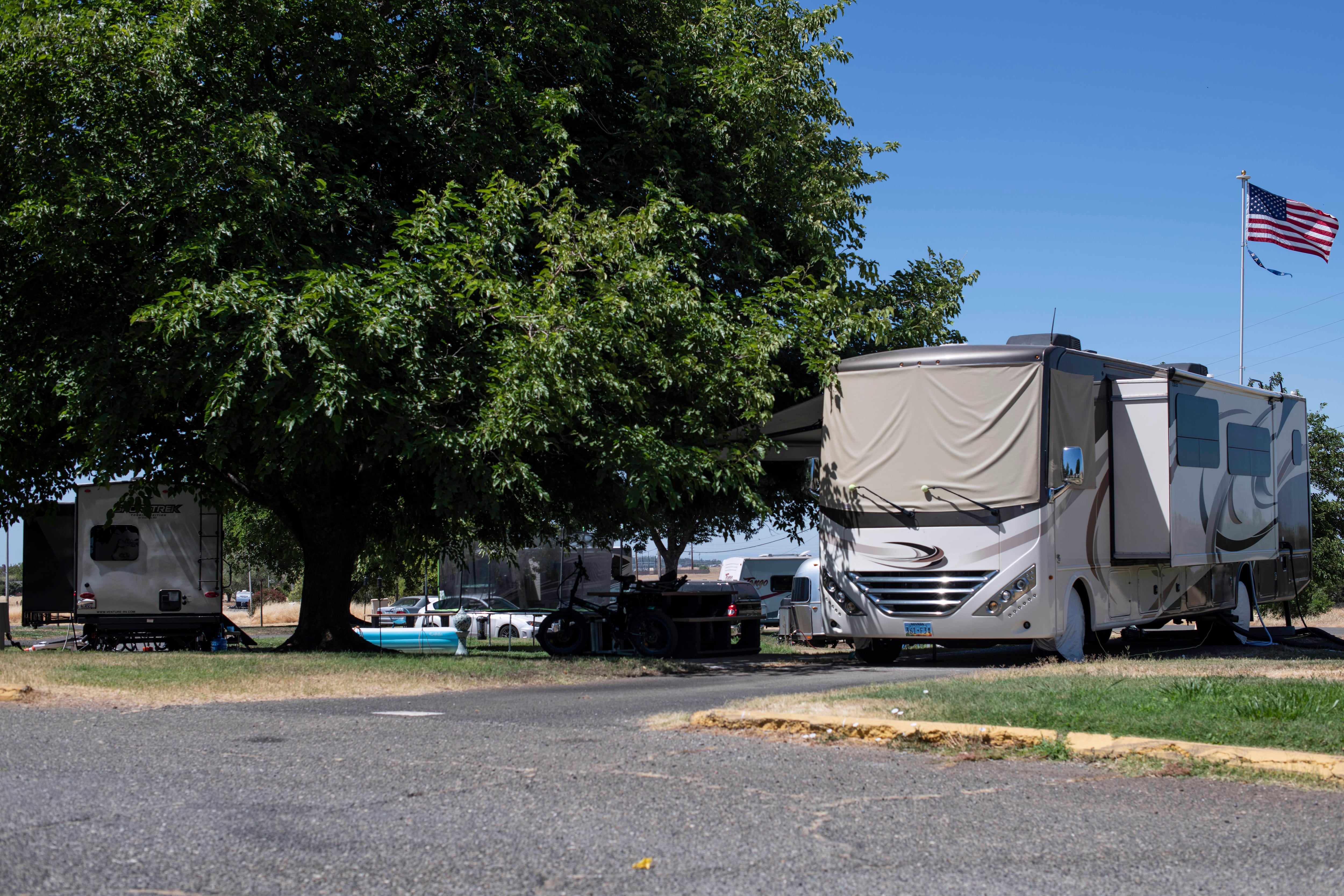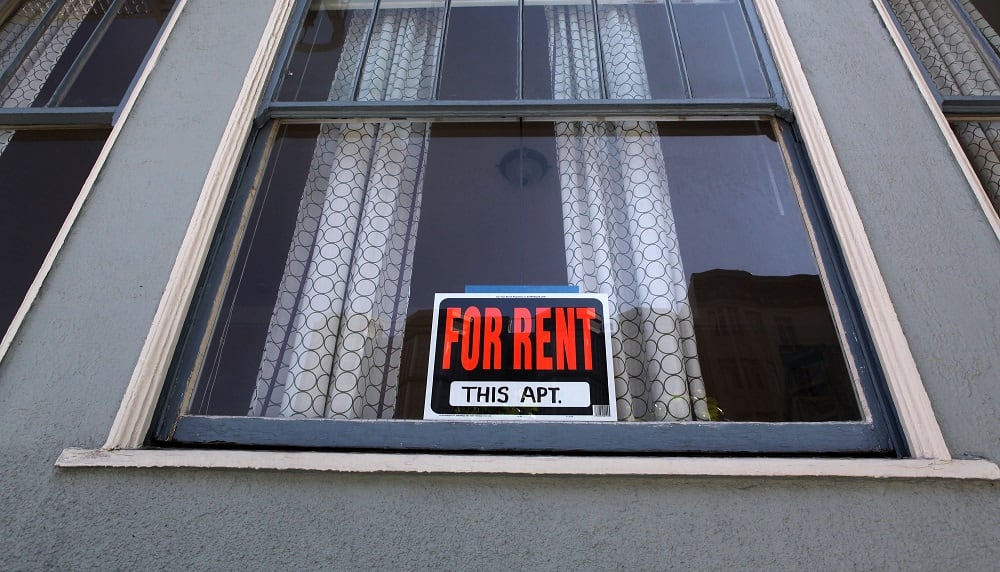Service members in 56 areas of the country should watch their email for information on how to apply for a temporary increase in their Basic Allowance for Housing.
The increases range from 10 percent to 20 percent. These increased rates for active-duty troops and full-time National Guard members will take effect Oct. 1 and end Dec. 31. The 2022 BAH rates take effect Jan. 1. The rates are designed to ease the financial burden on service members and their families who have been affected by higher costs of rental housing and a shortage of housing in these designated military housing areas. It applies to troops with dependents as well as those without.
2021 BAH TEMPORARY INCREASE — RATES AND AMOUNT
The extra money is not automatic. Troops must certify that they are incurring higher costs in moving to new areas or signing new leases. The process for that certification and for applying for the temporary increase varies by branch of service, and will be outlined in the email to service members who may be eligible, according to an announcement by defense officials. Each service will also publish information in administrative messages and other channels.
The Coast Guard, for example, has published information about the temporary increases, including the form Coast Guard members should use to apply for the extra money.
In those 56 areas, “the large majority of members are expected to be eligible” but the exact percentage is unknown, according to an action memo pending publication by the Defense Department. Assuming the maximum number of certifications, the estimated cost to the services would be about $159 million, officials stated.
In July, Military Times reported on the difficulty troops and families have been facing as they move to new duty stations because of surging housing costs. Some are paying hundreds of dollars more per month for rentals than their housing allowance covers, if they can even find a rental.
RELATED

Some families delayed making their permanent change of station move, while others set up house in expanded RV campgrounds on base. Some told Military Times they had to live far from base just to find a rental or had to rent housing in unsafe neighborhoods or in less-than-satisfactory condition, and even then some had to pay more than their BAH covered.
Typically, BAH rates are adjusted once a year and the new rates take effect Jan. 1. But realizing the severe impact housing costs and availability were having on many military members, DoD assessed the market changes, developed a list of the most affected markets and evaluated potential solutions.
Normally, BAH rate protection protects members from decreases when new rates are set at the start of the year, but this won’t apply to the temporary rate increases, officials stated. While it’s unclear what the 2022 rates will be, service members shouldn’t assume the temporary BAH rate increases will continue next year.
The 56 areas represent about 18 percent of the 306 military housing areas in the country.
Military housing areas geographically group individual ZIP codes, and include rental markets surrounding a duty station or a metropolitan area. The individual MHAs are named for the installation or nearest city.
Of the military housing areas with temporary BAH hikes, five will get a 20 percent increase; 11 will get a 15 percent increase; and 40 will get a 10 percent increase. The five areas with a 20 percent increase are: Marine Corps Air Ground Combat Center Twentynine Palms, California; Eglin Air Force Base, Florida; Boise, Idaho; Mountain Home Air Force Base, Idaho; and Spokane, Washington.
The increases will apply to all paygrades and all types of housing within an area. For example, in an area designated for a 10 percent BAH temporary increase, housing cost data may indicate that the cost of apartment rentals has increased by less than 10 percent while single family housing costs increased by more than 10 percent. However, the rates for all types of housing will be increased by 10 percent.
It appears this increase will not apply to military privatized housing, since the rent for privatized housing is based on actual BAH, which is paid by allotment directly to the privatized housing landlord. However, DoD hadn’t confirmed that by press time.
Defense officials contend they have the authority to temporarily increase the BAH because, by law, the secretary of defense can increase it by up to 20 percent when a president issues a national disaster declaration. On March 13, 2020, President Trump declared a national emergency due to the COVID-19 pandemic.
Karen has covered military families, quality of life and consumer issues for Military Times for more than 30 years, and is co-author of a chapter on media coverage of military families in the book "A Battle Plan for Supporting Military Families." She previously worked for newspapers in Guam, Norfolk, Jacksonville, Fla., and Athens, Ga.





